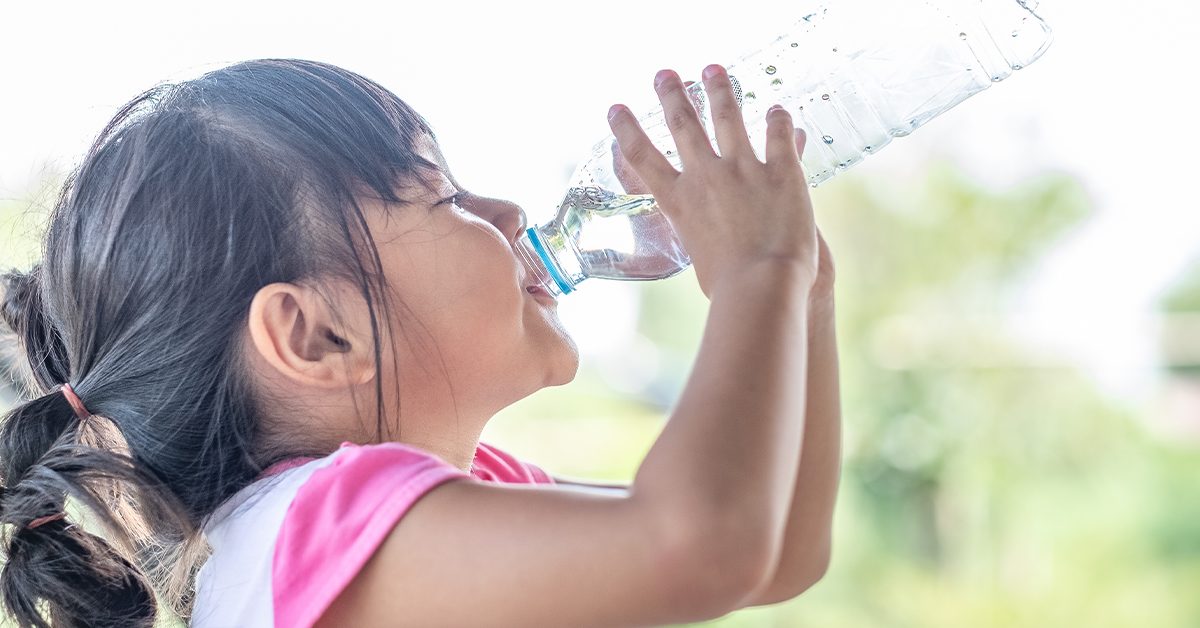Avoiding Summer Medical Emergencies

Summer is a time for sunshine, warm weather, fun, and outdoor activities of all sorts. This season might be a favorite of many, but it comes with increased safety risks. From sunburns and sports injuries to swimming accidents and bug bites, the list goes on.
No one wants injuries or an illness to occur, but they do. Physicians Premier, your Portland, TX ER, shares some common summer medical emergencies that we often see during the summer months, along with tips on how to prevent them.
1. Heat-related illnesses
During the summer months, we typically see people who have a heat-related condition – from heat exhaustion, mild dehydration, heat cramps, to heat stroke.
According to the Centers for Disease Control and Prevention, around 2,000 people in the U.S. die each year due to weather-related causes. Out of this number, approximately 30% are from exposure to heat.
Heat stroke is the most severe form of heat-related illness and can be fatal if left untreated. Very high body temperatures, fainting, confusion, seizures, intense headaches, feeling disoriented, increased heart rate, and rapid breathing are symptoms to watch out for. Emergency treatment is needed.
How to avoid:
- Stay hydrated
- Be conscious of the temperature outdoors
- Do not stay outdoors between 2-4 PM
- Avoid being in the sun for an extended period of time
2. Sports injuries
Although it is advised that we avoid contact sports during this time, people typically engage in outdoor activities during this season. Sports injuries may vary in severity and type. Generally, mild sprains, as well as bumps and bruises are harmless. They often result to muscle pain and tenderness. However, some sports injuries require medical attention.
Signs that merit emergency medical care include a broken bone, pain and swelling, difficulty moving, a stiff neck, headaches, vomiting, a seizure, fatigue, loss of consciousness, loss of mobility, and confusion.
How to avoid:
- Listen to your body, be mindful of your physical condition
- Do not overdo physical activity
- Rest when tired
- Warm up and cool down before and after any sports activity
- Stay hydrated
- Wear protective gear
3. Swimming-related injuries
There is no evidence that covid-19 can be transmitted through water. According to the Centers for Disease Control and Prevention, the disinfection with bromine and chlorine should inactivate the virus.
Swimming is a summer activity that is always fun, but it always presents a drowning risk. Those who have lost consciousness due to drowning should be taken to the emergency room for proper evaluation.
How to avoid:
- Supervise kids when they are near a body of water
- Make sure that they have the proper protective gear on
- Teach your children survival swimming skills
- Whenever possible, choose to swim in areas where lifeguards are present.
Preparedness is key, coupled with a hefty amount of caution. Nothing puts a damper on your family plans like a summer medical emergency and a trip to the ER.
Should you need us, Physicians Premier, your Portland, TX ER, is here for you 24/7.
Sources:
“Deaths Attributed to Heat, Cold, and Other Weather Events in the United States,2006–2010,” CDC, https://www.cdc.gov/nchs/data/nhsr/nhsr076.pdf
“Covid-1 and Water,” CDC, https://www.cdc.gov/coronavirus/2019-ncov/faq.html?CDC_AA_refVal=https%3A%2F%2Fwww.cdc.gov%2Fcoronavirus%2F2019-ncov%2Fphp%2Fwater.html#COVID-19-and-Water


